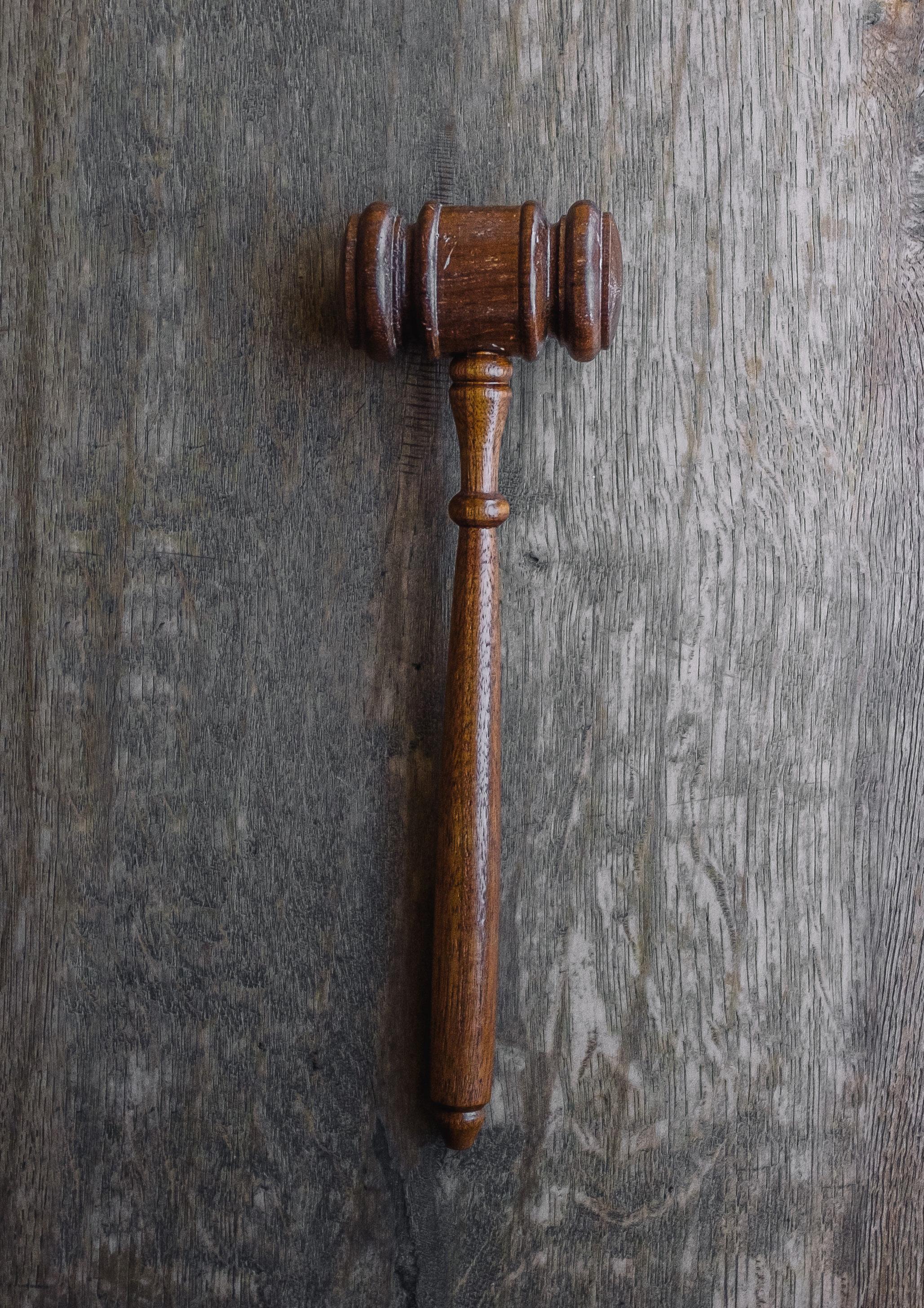
3 minute read
Qualifying to Practice in Australia
New South Wales In New South Wales, a person is admitted as a Lawyer of the Supreme Court of NSW, and, once admitted, may practice as either a barrister (by obtaining a practising certificate through the NSW Bar Association), or as a solicitor (by obtaining a practicing certificate through the Law Society of NSW).
To become a solicitor in New South Wales you must meet the eligibility requirements for admission as detailed in sections 24 and 25 of the Legal Profession Act 2004 (NSW).
To be eligible for admission, an individual must be: • Over 18 years of age; and • Have completed the required academic and Practical Legal Training (PLT) requirements; and • Be a ‘fit and proper person’ (generally, this means that an individual is of good character. For more information, see section 9 of the Legal Profession Act 2004 (NSW). In contrast to the broad theoretical knowledge gained at university, Practical Legal Training provides instructions on a wide range of tasks and procedures, such as: • Legal research • Fact and legal analysis • Problem solving • Legal writing and drafting • Interviewing and oral communication • Advising • Advocacy • Dispute resolution.
A course in PLT is available through the Professional Program at the College of Law, as well as through the ANU Legal Workshop. The Professional Program consists of three components: • Coursework Component: 15 weeks of full-time or 30 weeks of part-time study, offered via Distance Online or on-campus courses • Work Experience Component: consists of 75 working days and may be completed fulltime or part-time (at least two days a week) • Continuing Professional Education Component: consists of two self assessable parts being a workbook and seminars (accessible online).
Admission Criteria Having met the eligibility and suitability requirements for admission, to be eligible to practice as a solicitor in New South Wales you must be admitted to the profession in the Supreme Court of NSW (unless you have already been admitted in another jurisdiction within Australia). This is a one time only application.
Once your application for admission is approved you will need to attend the Supreme Court of NSW to: • Take and sign the Oath • Sign the Roll of Australian Lawyers • Receive your original Certificate of Admission
Admission First-time applicants should apply for admission to the Supreme Court of NSW via the Legal Profession Admission Board (LPAB). Once you have completed your academic study and your Practical Legal Training, and satisfy the English Language Proficiency requirements (if applicable) you may make an application for admission using Form 10 of the Legal Profession Admission Rules 2005. Applications for admission must be accompanied by two character references in Form 3.
Practising Certificate Prior to admission, the LPAB provides a list of proposed admittees to the Law Society of New South Wales. The Law Society will send you a kit including an application form for a Practising Certificate. If you are intending to commence practice as a solicitor in New South Wales you will need to: • Complete the application form for a Practicing Certificate and send it, together with payment, to the Law Society Registry by the date specified. • Attend an admission day at the Supreme Court of NSW to receive your original Certificate of Admission. • Take your Certificate of Admission to the Law Society to receive your Practising Certificate.
Becoming a Barrister Barristers are lawyers who provide specialist services and advocacy skills to represent clients before courts and tribunals. They prepare court documents and advise clients about their legal problems and prospects of success in litigation. Barristers work on their own; they are not permitted to work in partnerships or in- corporations. They are usually briefed by a solicitor before commencing work.
21 Requirements For admission into the Bar, a person must: • Be admitted as a lawyer by the Supreme Court of NSW (or in another state). • Obtain a 75 pass mark for all three Bar exams (‘Ethics for barristers’, ‘Aspects of evidence’ and ‘Practice and procedure for barristers’), before commencing the Bar Practice Course. This is a condition precedent to undertaking the reading program. • Complete the Reading Program, which involves a period of ‘reading’ for at least 12 months under the supervision of a barrister with not less than seven years’ standing. The program includes a month-long Bar Practice Course, which involves study of advanced advocacy and barrister-related skills. • During the 11 months after completion of the course, other requirements are imposed: criminal reading and civil reading, participation in two advocacy workshops, and attendance at six extension sessions. For full time practice at the Bar, one must commence





